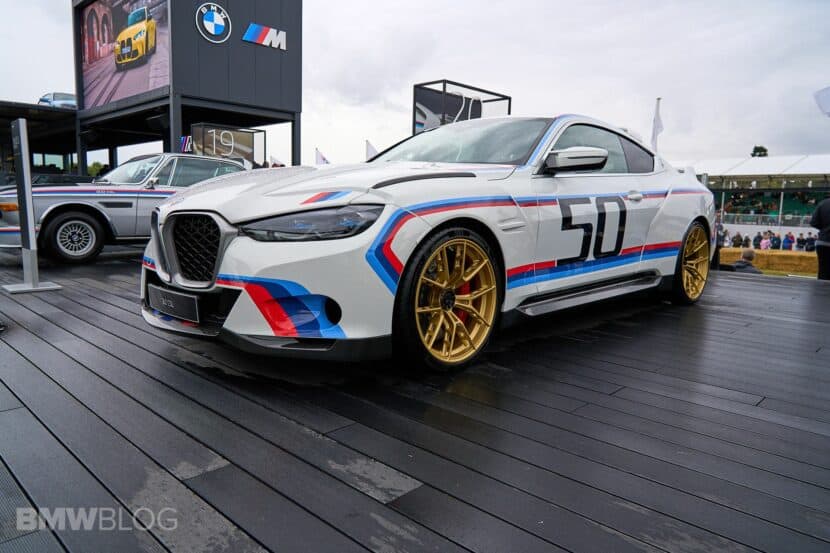The typical German rivalry between BMW, Audi and Mercedes-Benz usually makes us forget about the fact that other manufacturers from other parts of the world are aiming at taking a bite out of the markets they typically dominate. For example, Lexus has been trying for a while to get into the German party, but with limited success so far. When it comes to the segment where the BMW M4 sets the benchmark, Lexus has its own RC-F model to attract new customers.
And while the RC-F’s numbers might not be all that impressive at first, we do appreciate the fact that Lexus had the courage to keep it naturally aspirated in these forced-induction dominated times. Under the hood of the Japanese car you’ll find a heavy 5-liter V8 massaged to make 467 HP and 530 Nm a(391 lb-ft) of torque. And while the HP figure tops the one of the M4 you’ll notice that the torque number is slightly lower.
At the same time, the RC-F is considerably heavier, tipping the scales at 1,840 kg, a couple hundred kilos more than what an M4 is claimed to weigh. Furthermore, it uses a conventional 8-speed gearbox to shift gears, which is slower than the ultra-fast 7-speed DCT unit installed on the BMW. Even with less power at 431 PS, the German will probably dominate the Japanese, thanks to its lower weight and superior torque.
That’s even more evident as we take a look at the spec sheet as the RC-F is quoted to reach 100 km/h (62 mph) from standstill in 4.4 seconds while the BMW M4 does the same sprint some 0.1 or 0.2 seconds faster. That’s if you manage to keep its rear wheels in check, as the torque can easily overwhelm them, especially when launching. Luckily for both of these RWD cars, the drag race is done from a rolling start so that all the drama can be avoided.





































































